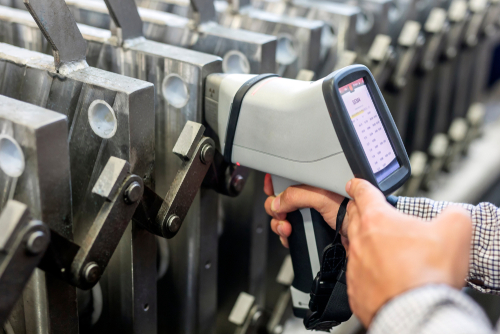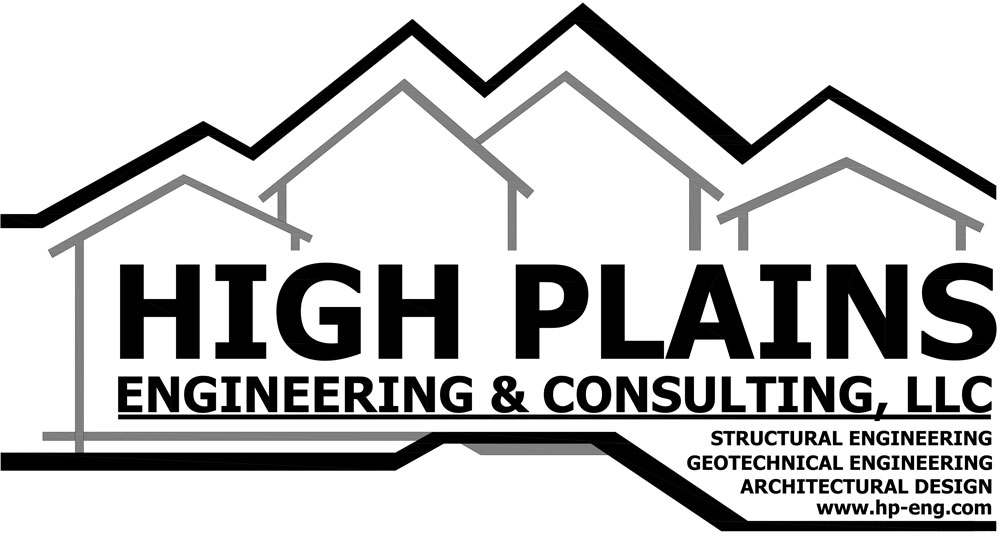What Are The Different Grades Of Steel?

When it comes to steel, there are a wide variety of grades available, each with its own unique properties and uses. The grading of steel is typically based on its chemical composition, mechanical properties, and other factors that determine its suitability for specific applications. Understanding the different grades of steel can help you make informed decisions when choosing materials for your projects. Let’s take a closer look at some of the most common grades of steel and how they are utilized in various industries.
Low Carbon Steel (Grade 1018)
Low carbon steel, also known as Grade 1018, is one of the most common grades of steel used in manufacturing. This type of steel contains approximately 0.18% carbon, making it easy to form and weld. Grade 1018 steel is often used in applications where high strength and durability are not required, such as in the construction of building structures, automotive parts, and machinery components. Its low carbon content also makes it less susceptible to cracking or distortion during heat treatment.
Medium Carbon Steel (Grade 1045)
Medium carbon steel, specifically Grade 1045, contains approximately 0.45% carbon, giving it increased hardness and strength compared to low carbon steel. This type of steel is commonly used in the manufacturing of gears, shafts, and axles due to its excellent wear resistance and toughness. Grade 1045 steel is also known for its machinability, making it a popular choice for applications that require precision machining.
High Carbon Steel (Grade 1095)
High carbon steel, such as Grade 1095, contains around 0.95% carbon, making it one of the hardest and most durable grades of steel available. This type of steel is often used in the production of cutting tools, knives, and blades due to its superior edge retention and sharpness. Grade 1095 steel is also popular in the automotive industry for the manufacturing of coil springs and leaf springs, where high tensile strength and fatigue resistance are required.
Tool Steel (Grades A2, D2, M2)
Tool steel is a specialized type of steel designed to withstand high temperatures, abrasion, and impact. There are several grades of tool steel available, each with its own unique properties and applications. For example, Grade A2 tool steel is known for its excellent wear resistance and toughness, making it ideal for cutting and forming tools. Grade D2 tool steel is prized for its high wear resistance and hardness, making it suitable for cold work applications. Grade M2 tool steel is a high-speed steel known for its exceptional cutting performance and heat resistance, making it ideal for cutting tools and drill bits.
Stainless Steel (Grades 304, 316)
Stainless steel is a versatile and corrosion-resistant material that is commonly used in a wide range of applications, from food processing equipment to architectural structures. There are several grades of stainless steel available, with Grades 304 and 316 being the most widely used. Grade 304 stainless steel is known for its excellent corrosion resistance and formability, making it suitable for a variety of applications, including kitchen equipment and architectural panels. Grade 316 stainless steel is highly corrosion-resistant and has superior strength and durability, making it ideal for marine environments and medical instruments.
Alloy Steel (Grades 4140, 4340)
Alloy steel is a type of steel that contains additional alloying elements such as manganese, nickel, chromium, or molybdenum to enhance its properties. There are several grades of alloy steel available, with Grades 4140 and 4340 being among the most common. Grade 4140 alloy steel is known for its high tensile strength and toughness, making it suitable for applications such as aircraft parts, automotive components, and industrial machinery. Grade 4340 alloy steel has superior hardenability and impact resistance, making it ideal for applications that require high strength and durability, such as gears, shafts, and hydraulic components.
Summary
The different grades of steel each have their own unique properties and applications, making them suitable for a wide range of industries and projects. Whether you need a durable and high-strength material for cutting tools or a corrosion-resistant material for architectural structures, there is a grade of steel that will meet your needs. By understanding the characteristics of each grade of steel, you can make informed decisions when selecting materials for your projects, ensuring that you choose the right material for the job.
Need Engineers and Designers in Hudson, CO?
Since 2006, High Plains Engineering & Consulting, LLC has been a civil and structural engineering company in Fort Lupton and the surrounding areas. We provide sensible solutions to geotechnical, structural, environmental, and civil engineering challenges. Our office provides practical expertise backed by diverse design resources to get the job done cost-effectively and efficiently with sustainability in mind. We offer various services for commercial, residential, and agricultural properties like soil testing, percolation testing, and foundation and septic design for new construction. Once that is taken care of we also offer services for floor framing, garage plans, house plans, site plans, and inspection services. Call us today for an appointment!
Categorised in: Grading

 HPEC is an active member of CAGE
HPEC is an active member of CAGE